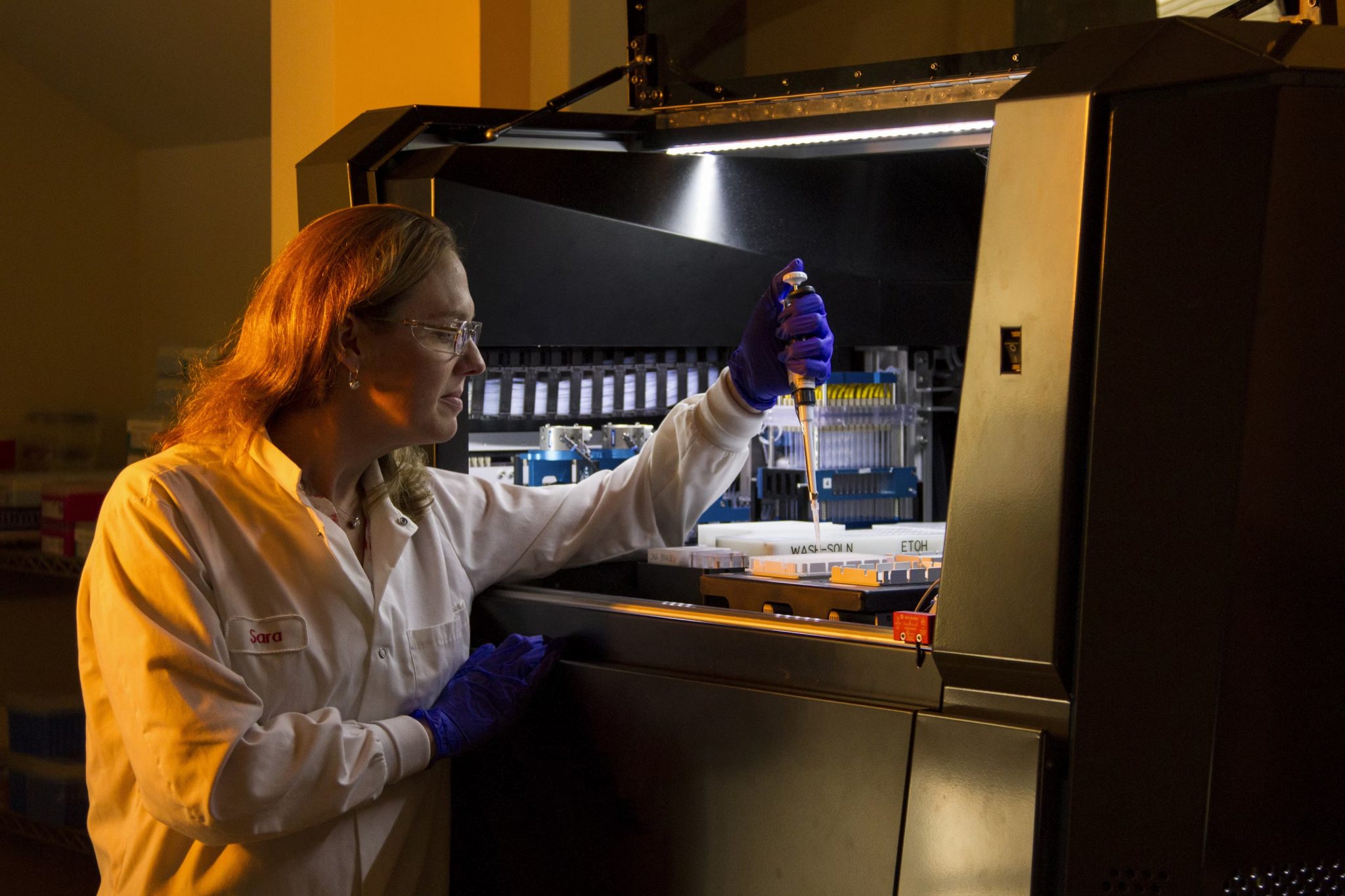Genetic Modification: A Sociological Exploration by Students
Genetic modification is at the forefront of scientific inquiry and public debate.
It presents a myriad of social, ethical, and environmental implications.
As technology evolves, it promises significant advancements in fields like agriculture and medicine but also poses profound questions about the very fabric of natural life and human responsibility.
Is genetic engineering good or bad? Students, as the next generation of scholars and policymakers, are increasingly drawn to study these issues, examining the sociological impacts that genetic technologies may impose on society.
In their academic pursuits, students delve deep into the complex narratives that surround genetic modification.
Often, they use the assistance of an admission essay writer to articulate their insights and develop well-structured essays.
These collaborations often result in robust discussions and writings that contribute to a broader understanding of the topic.
Historical Context of Genetic Modification
The journey of genetic modification began decades ago, rooted in the discovery of DNA’s molecular structures and the pioneering techniques that followed.
This scientific progression has allowed scientists to alter genetic material in ways that could lead to groundbreaking treatments for diseases, enhanced agricultural products, and even biofuels.
The historical milestones of genetic engineering provide a crucial foundation for understanding its potential and the controversies that accompany its evolution.
Ethical Considerations in Genetic Engineering
Is genetic engineering good? To understand this, it is vital to study the ethical debates that this question sparks.
The ability to alter the genetic makeup of organisms includes promising benefits such as disease eradication and increased food production.
However, it also raises significant ethical concerns.
Critics argue that tampering with genetic material may have unforeseen consequences, potentially disturbing ecological balances or fostering social inequality through access issues.
Furthermore, ethical considerations also involve questions about the moral rights of genetically engineered organisms and the potential for abuse of genetic technologies.
Why is Genetic Engineering Good?
Genetic engineering is considered beneficial for several reasons: it can drastically increase agricultural yields, combat malnutrition by enhancing the nutrient content of crops, and lead to medical advancements like gene therapy.
These developments promise not just improvements in quality of life but also solutions to global challenges such as hunger and disease.
Social Equity and Genetic Modification
Social equity concerns are increasingly prominent in discussions about genetic modification, highlighting disparities in access and benefits among different populations.
As we delve deeper into the intersection of sociology and genetic modification, it becomes clear that not all communities stand to gain equally from these advancements.
There is a growing need to address these inequalities to ensure that genetic technologies do not further widen social gaps.
Public Perception and Media Influence
Public opinion on genetic engineering is profoundly shaped by media representation, which can often be sensationalized or skewed.
Misinformation can lead to widespread misunderstanding and fear, complicating rational debate and informed decision-making.
A specific tool that aims to educate and clarify is the genetic engineering gizmo, an interactive application that helps users understand the processes and implications of genetic manipulation through simulated experiments.
The impact of media extends beyond just news outlets.
Documentaries, movies, and social media also play significant roles in forming public opinions about genetic engineering.
The portrayal of genetic modification in these mediums can vary from dystopian fears to utopian hopes.
Legal Frameworks Governing Genetic Modification
Regulatory measures are essential in supervising genetic engineering.
They are developed to guarantee protection and ethical compliance in the research and implementation of genetic technologies.
For students and researchers looking for detailed regulatory standards, the student exploration genetic engineering answer key provides a comprehensive overview of legal requirements and safety protocols.
Further discussion on legal aspects includes international agreements and country-specific laws that govern the use of genetically modified organisms.
For students, understanding these legal contexts is crucial, helping them navigate the complexities of genetic research and its societal implications.

Student Exploration: Genetic Engineering Economic Impacts
The economic implications of genetic engineering are vast, influencing sectors from agriculture to pharmaceuticals.
Innovations in genetic modification promise to revolutionize industries by creating more resilient crops, producing new drugs, and even generating biofuels.
This transformation can lead to significant economic growth, job creation, and increased sustainability in resource use.
Moreover, for those studying the economic aspects of genetic technologies, the student exploration answer key offers insights into how these innovations can be economically viable and the challenges they face in market implementation.
The Role of Education in Shaping Public Opinion
Education has a key role in influencing how genetic engineering is understood by the public.
Well-informed students and educators can lead discussions that are based on facts rather than fears.
The availability of genetic engineering articles for students helps to ensure that educational discussions are informed by the latest research and ethical considerations.
Further, educational initiatives can bridge the gap between complex genetic concepts and public understanding.
By integrating genetic engineering topics into curricula, educators can help cultivate a more scientifically literate society that is capable of engaging in informed debates about the benefits and risks of such technologies.
Student Contributions to Genetic Modification Research
Students play an increasingly active role in genetic modification research.
Through projects and dissertations, student researchers can study unknown uses of genetic engineering.
One such tool aiding in their research is the genetic engineering gizmo answer key, which provides detailed explanations of genetic processes and experimental outcomes.
Students’ involvement in genetic research contributes to the field’s overall development. Their work can lead to significant discoveries and help shape the future of genetic technologies.
Final Thoughts
As we continue to study student exploration of genetic engineering, it’s clear that the intersection of science, ethics, and public engagement is more crucial than ever.
The contributions of students, combined with informed public discourse and robust legal frameworks, are key to navigating the future of genetic technologies responsibly.
By fostering an environment of education and open discussion, we can harness the potential of genetic engineering while addressing its challenges head-on.








